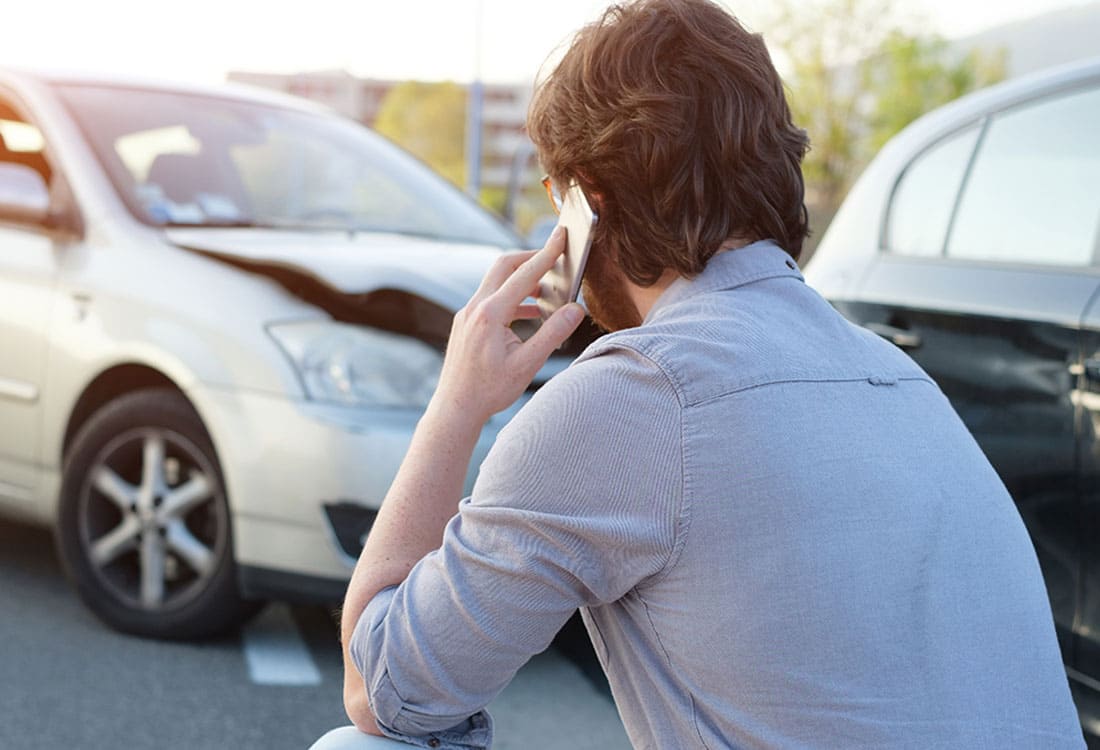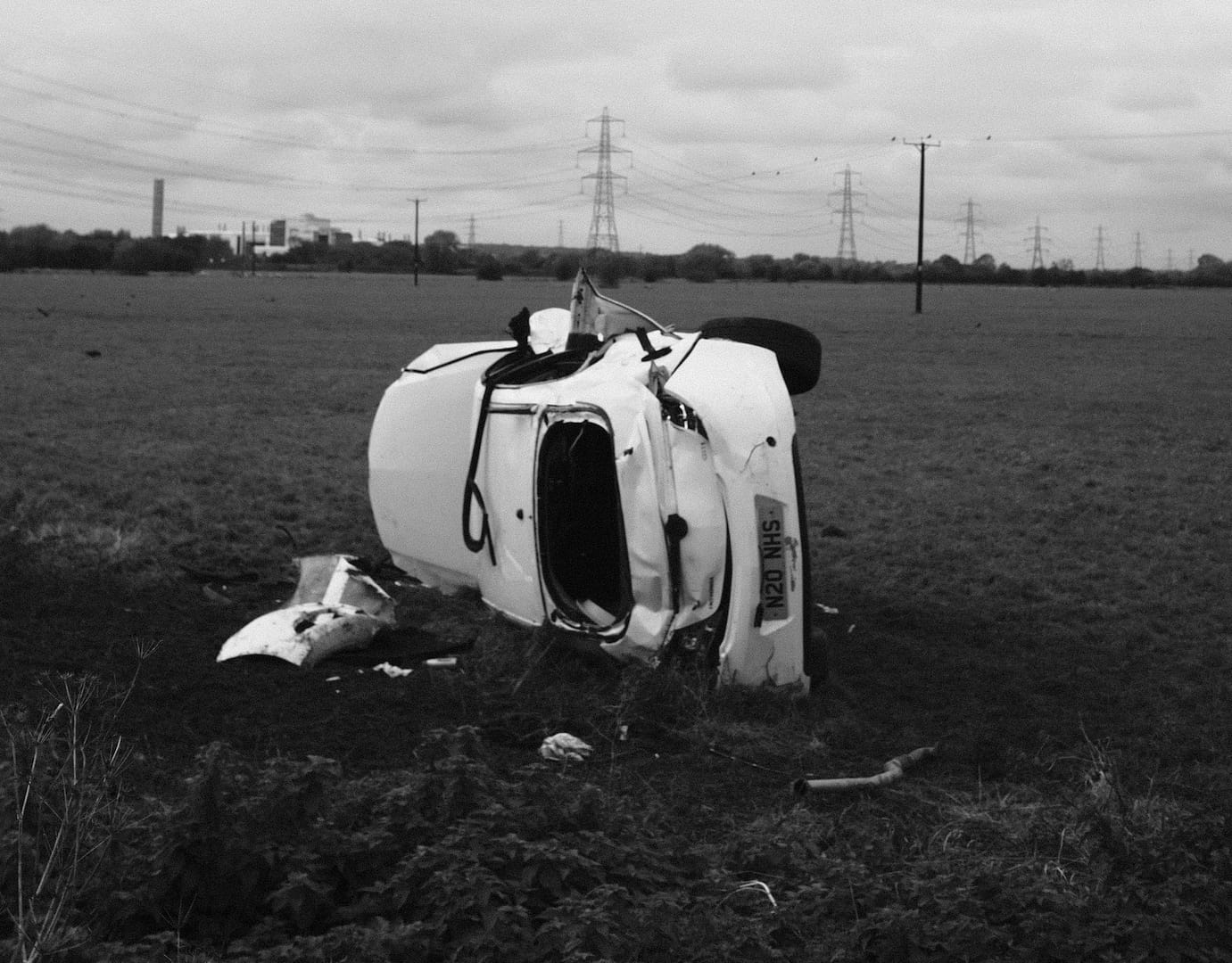Riding shotgun on the open road can be an exhilarating experience. The wind in your hair, the rhythmic hum of the engine, and the promise of adventure around every bend. However, the joy of being a passenger can quickly turn into a nightmare when faced with the unexpected—rollover accidents. In this article, we will delve into the causes of rollover accidents and explore effective preventive measures to ensure a safer journey.
The Anatomy of Rollover Accidents
What Causes a Vehicle to Roll Over?
Speed Demons and Sharp Turns:
One of the primary culprits behind rollover accidents is excessive speed, particularly when combined with sharp turns. Picture this: you’re cruising down a winding country road with a driver who thinks they’re auditioning for a Fast and Furious sequel. Suddenly, the tires lose grip, and the world outside your window becomes a blur.
Top-Heavy Vehicles:
Some vehicles are inherently more prone to rollovers due to their design. SUVs, trucks, and vans have a higher centre of gravity, making them more susceptible to tipping over, especially during abrupt manoeuvres. As a passenger, it’s essential to be mindful of the type of vehicle you’re travelling in and its rollover risk.
Tire Blowouts and Mechanical Failures:
Imagine cruising down the highway, and suddenly, there’s a deafening bang. A tire blowout can lead to loss of control, causing the vehicle to roll over. Regular maintenance and checking tire conditions before embarking on a journey can go a long way in preventing such mishaps.
Driver Distractions and Impairment:
Your safety is often in the hands of the driver. Distractions like texting, adjusting the radio, or worse, driving under the influence, can significantly increase the likelihood of a rollover. Being a vigilant passenger means speaking up when you notice unsafe behaviours and encouraging a focused driving environment.
The Road to Prevention
Now that we’ve dissected the causes, let’s shift gears and explore actionable steps to prevent rollover accidents. As a passenger, your role extends beyond merely enjoying the ride—you play a crucial part in ensuring everyone’s safety.
Buckle Up for Safety:
The importance of wearing seat belts cannot be stressed enough. Buckling up is a fundamental step in reducing the risk of injury or ejection during a rollover. As a responsible passenger, make it a habit to check that everyone in the vehicle is securely fastened before the journey begins.
Choose Wisely:
When possible, opt for vehicles with a lower risk of rollover. Cars with a lower centre of gravity and advanced stability control systems can offer better protection. If you have a say in the choice of transportation, prioritise safety features.
Advocate for Safe Driving:
Your voice matters. If you sense your driver is being reckless or making unsafe choices, speak up. Encourage responsible behaviour, and don’t be afraid to insist on adjustments. A courteous reminder about the importance of everyone’s well-being can make a significant impact.
Report Maintenance Issues:
Before embarking on a journey, take a moment to inspect the vehicle or encourage the driver to do so. Ensure that tires are properly inflated, brakes are in good condition, and all other essential components are functioning correctly. Reporting and addressing maintenance issues promptly can prevent accidents caused by mechanical failures.
Know Your Vehicle:
Understanding the specific dynamics of the vehicle you’re travelling in is essential. Familiarise yourself with the owner’s manual to grasp its limitations, recommended tire pressure, and any unique handling characteristics. This knowledge can empower you to be a proactive passenger.
Stay Updated on Safety Standards:
Regulations and safety standards evolve over time. Stay informed about the latest safety features and guidelines, and advocate for their implementation. Being knowledgeable about safety advancements can contribute to creating a culture of awareness and responsibility among drivers and passengers alike.

Making a Road Traffic Accident Claim with National Claims
Here at National Claims, we understand the distressing aftermath of a road traffic accident. If you’ve been a passenger in a rollover accident and suffered injuries, our experienced team is here to guide you through the process of making a claim. Our dedicated professionals will work tirelessly to ensure you receive the compensation you deserve for medical expenses, loss of income, and emotional distress. Contact National Claims today and let us be your ally in the journey towards recovery.
Conclusion
In conclusion, being a passenger in a vehicle involves more than just enjoying the scenery. It’s about actively participating in the journey’s safety. By understanding the causes of rollover accidents and taking preventive measures, you contribute to creating a safer road environment for everyone. So, the next time you hop into a vehicle, remember: your role as a passenger is more than just a supporting act; it’s a crucial part of the road safety narrative. And if the unforeseen happens, National Claims is here to help you navigate the path to compensation and recovery.
Get started on your claim today by contacting us and speak to one of our claims specialists.
Click below to see why we are one of the most trusted claims management companies in the UK.

We’re proud of our excellent customer reviews
We thrive on delivering exceptional service and ensuring our clients’ satisfaction. Don’t just take our word for it. Check out some of our independent reviews to see what our clients have to say.
Excellent

This firm is excellent, they sorted out my car pay out and injury claim very fast, they always communicate with you all the time.

My accident case was dealt with confidence and with great result of the outcome, especially James kept me informed all the time.

I was very impressed at the way my inquiry was treated. I was listened to attentively and everything I needed to know was explained to me.






